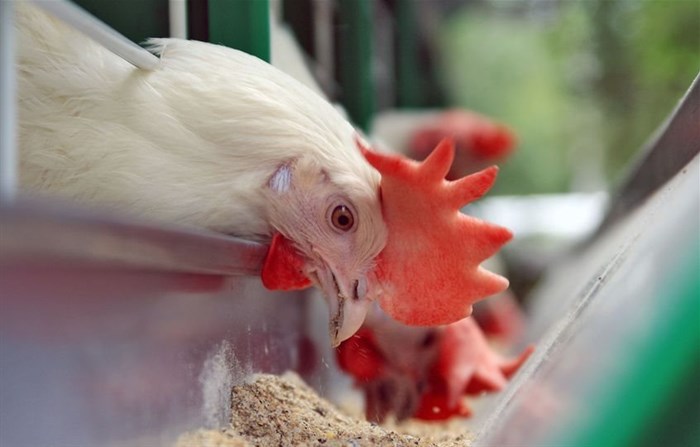
Top stories

Tourism & TravelTikTok is reshaping the travel experience — from inspiration to booking
Robin Fredericks 13 Jun 2025





More news


























But whether or not they will stem the tide of predatory trade and dumped chicken swamping South African shores, remains to be seen.
According to Francois Baird, founder, FairPlay Movement, this is the first test of the Poultry Industry Master Plan signed at the end of last year. "One of the plan’s objectives was to "contain" imports so that the industry could recover, grow and create jobs. Whether this level of tariffs does so remains to be seen."
To succeed, these new tariffs on chicken imported from Brazil as well as earlier higher duties on chicken imports from the European Union (EU), must prove to be sufficient to halt the surge of predatory imports and prevent further job losses, mostly in impoverished rural areas.
"FairPlay hopes this will be the case, but a steady rise in dumped EU imports after the lifting of bird flu bans suggests that further action will be necessary.
Chicken imports doubled between 2010 and 2018, discouraging investment in expansion and job creation. Because protection has been inadequate, most of the increase in demand for chicken in recent years has been gobbled up by predatory imports at the expense of small-scale farmers and their workers.
"The South African chicken industry is in trouble because imports have grabbed nearly 30% of the local market. Real protection for the local industry, and a spur to job creation, would be to limit imports to 10% of local sales. Restrictions in the EU have kept chicken imports in that region to around 7%, so a sharp cutback here would be possible," says Baird.
"It is, therefore, a pity that ITAC and the DTIC did not grant the full 82% tariff increases that some experts and the SA poultry industry believe is necessary to protect the local market from the damaging impact of Brazilian chicken imports. Concerted action is needed against both Brazil and the EU in order to halt and then reverse the importers’ steady and concerted takeover of our local chicken market through predatory trade practices.
"Imagine the local economic impact if the R6bn that was paid last year to foreign producers of imported chicken had instead been spent on local production and local grain, all of which would have generated local tax revenue and, significantly, local jobs in rural areas where they are most needed," adds Baird.
The master plan has lower objectives, but much can be achieved. However, it must be founded on the protection of the local industry against unfair imports. "If these new tariffs prove insufficient to generate a revival of the chicken industry, then a further increase will be necessary. Otherwise, the whole master plan, and all its crucial outcomes, will be in jeopardy," concludes Baird.

